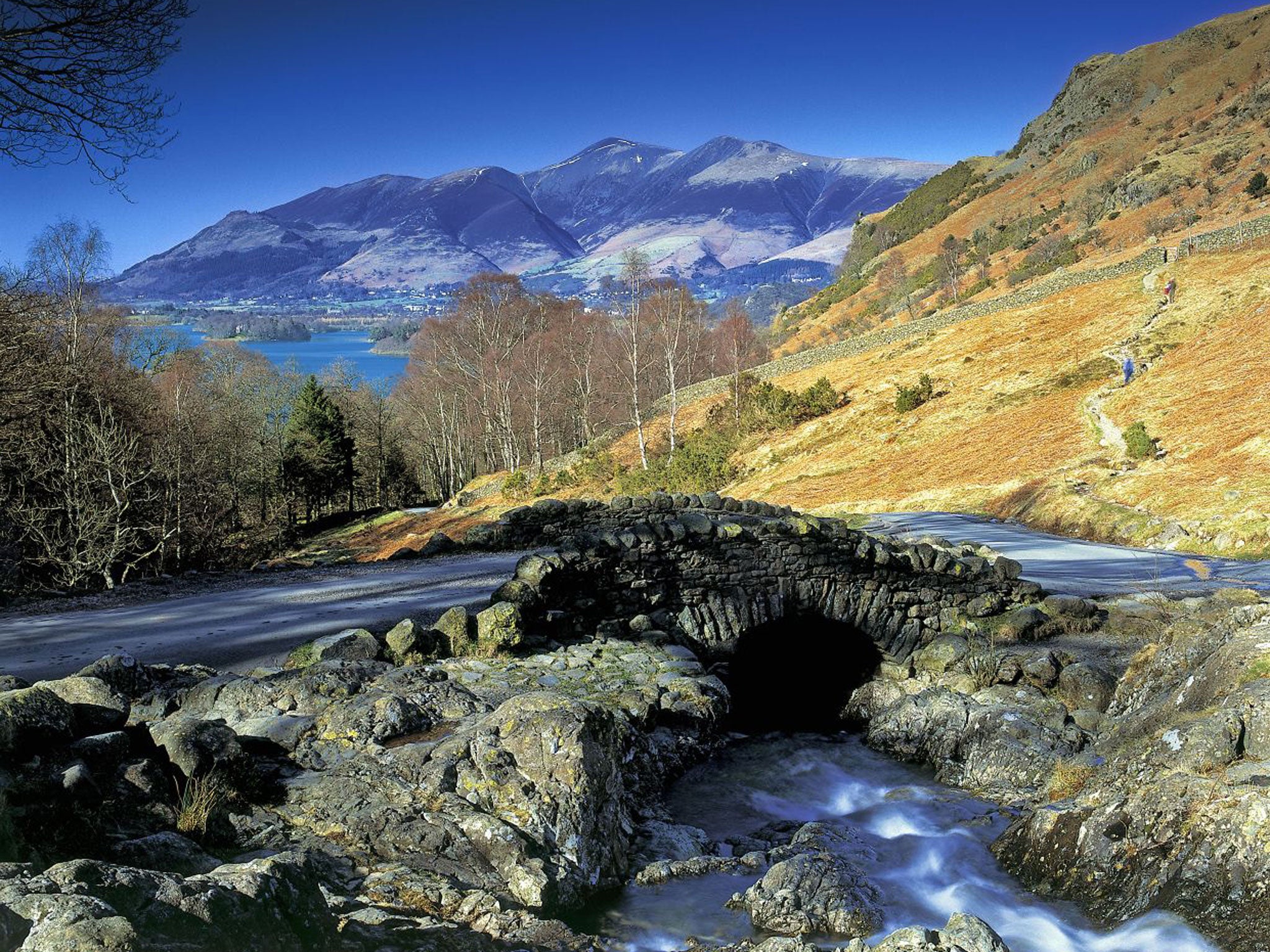Lake District threatened by nuclear waste again
Controversial plans for toxic dumping back on table eight months after being rejected

Your support helps us to tell the story
From reproductive rights to climate change to Big Tech, The Independent is on the ground when the story is developing. Whether it's investigating the financials of Elon Musk's pro-Trump PAC or producing our latest documentary, 'The A Word', which shines a light on the American women fighting for reproductive rights, we know how important it is to parse out the facts from the messaging.
At such a critical moment in US history, we need reporters on the ground. Your donation allows us to keep sending journalists to speak to both sides of the story.
The Independent is trusted by Americans across the entire political spectrum. And unlike many other quality news outlets, we choose not to lock Americans out of our reporting and analysis with paywalls. We believe quality journalism should be available to everyone, paid for by those who can afford it.
Your support makes all the difference.Controversial plans to bury highly toxic nuclear waste under the Lake District are back on the table just eight months after being conclusively rejected.
The proposals were dismissed by Cumbria County Council in January – but now the Government has enraged opponents by proposing to switch the final say to the district council.
The county council’s decision to abandon plans for the underground radioactive wastage storage centre near Sellafield was a major blow to government ambitions to build new nuclear power plants. Cumbria had been the only area to show an interest in storing such waste.
But a new consultation launched by the Government could sidestep the problem, by shifting the final say on whether an area can house a deep storage facility for nuclear waste from the county to the district council.
Cumbria County Council voted by more than 2 to 1 to pull out of feasibility studies into such a facility, following expert critiques of the fractured local geology and an international outcry over the threat to the Western Lake District. That vote over-ruled votes by the local Copeland and Allerdale District Councils to proceed.
The Government is selling its proposed change to the voting rule on the basis that it “represents an additional layer of consent – giving local communities the opportunity to decide whether or not they wise to proceed with the development of a GDF [geological disposal facility]”.
Geoff Betsworth, a local activist, disagrees. “It is a shock. It is undermining democracy to remove a layer of government in Cumbria county council. It is Orwellian and they will push it through regardless.”
The consultation also pledges to increase the incentives for local communities to host nuclear waste storage facilities and to enshrine the “right to withdraw” from the project at a later stage. Cumbria councillors cited the fear of being locked into a binding process as one of the main reasons for voting to pull out before geological studies began.
The proposed £12bn Cumbria storage site would create 1,000 construction jobs and 500 full-time jobs. A kilometre underground and the size of Carlisle, it would open for storage by 2047 and hold dangerous material for 100,000 years.
Jamie Reed, the Labour MP for Copeland, said he expected several districts to volunteer in Cumbria as well as in other areas that hadn’t previously shown any interest. “If you look at the strong support in the area, I would think Copeland will have a look again. I would expect communities in Kent, Cornwall and Wales to look as well. I think lessons from the previous debacle have been learnt.”
Elaine Woodburn, leader of the Copeland Council, suggested that her district council might have a stronger incentive than most to host the facility because it was in its interest to ensure the waste was properly disposed of.
A spokesman for the Department for Energy and Climate Change said: “This would have a profound and long-term positive economic impact on the area selected for the site, stimulating local businesses, supply chains and providing skilled jobs and training opportunities.”
Join our commenting forum
Join thought-provoking conversations, follow other Independent readers and see their replies
Comments